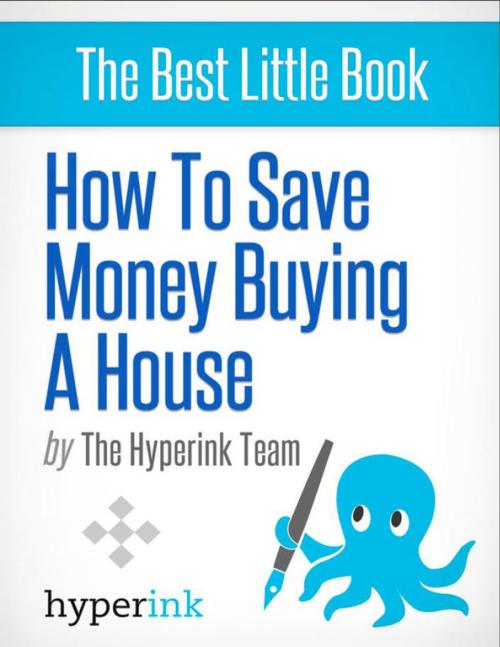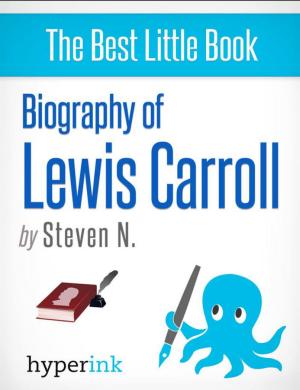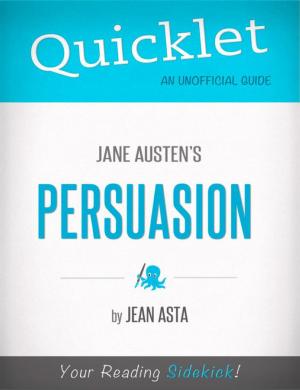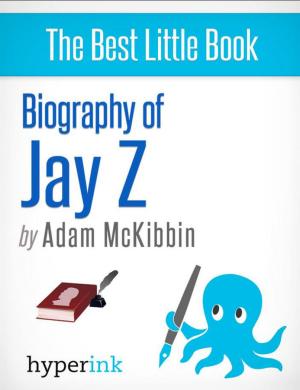| Author: | The Hyperink Team | ISBN: | 9781484007082 |
| Publisher: | Hyperink | Publication: | February 8, 2012 |
| Imprint: | Hyperink | Language: | English |
| Author: | The Hyperink Team |
| ISBN: | 9781484007082 |
| Publisher: | Hyperink |
| Publication: | February 8, 2012 |
| Imprint: | Hyperink |
| Language: | English |
ABOUT THE BOOK
Owning your own home is a significant achievement that not only provides you with shelter and security, but brings great satisfaction and happiness. For most people a house purchase is the largest investment they will ever make, a financial commitment that will last many years. Looking for ways to save money up front will make it easier to keep up with mortgage payments in case of unexpected financial setbacks.
Saving money is not the same thing as buying cheap. Poorly-constructed homes with shoddy workmanship may sell at a lower price, but any savings are lost when the homeowner has to start repairing or replacing things. Buying a cheap house that will not appreciate in value over time is also false economy.
It's important to like the house you buy, and simply choosing based on price won't accomplish that. The best way to save money on a house purchase is to plan thoroughly in advance. Do your research, and you can save a ton of money buying a house..
MEET THE AUTHOR
The Hyperink Team works hard to bring you high-quality, engaging, fun content. If ever you have any questions about our products, or suggestions for how we can make them better, please don't hesitate to contact us!
Happy reading!
EXCERPT FROM THE BOOK
While your ultimate goal is to buy a home you like in a neighborhood that suits you and your family, you also want this significant investment to retain its value. Buying in the suburbs will save you money, but resale value and equity growth in neighborhoods outside the city may be much lower than at the city center.
Take time to educate yourself on the housing market. Learn what adds value (i.e., location near schools, a second bathroom) and what things are pricey perks (i.e., a swimming pool, marble flooring). Gain an understanding of the relationship between house and neighborhood. A extensively renovated and customized house priced at $500,000 in a neighborhood where the average selling price is $250,000 may actually represent poorer dollar value than the same house in a neighborhood where all houses average $500,000.
Know what you want. Is a single-family detached house the best option, or would you prefer a condominium? If your lifestyle doesn't require a backyard, save money by purchasing an apartment instead. Housing cooperatives are another money-saving option people may not be aware of. Do you want a brand new house? You may need to look in areas outside the city core, but new home builders offer deals and incentives that can really lower the cost.
Do your research and talk to people about their homes. Ask questions. What is the upside and downside of owning a condominium or townhouse? How do you enter a housing cooperative? What is involved in owning a house with a yard? Are there hidden costs to be aware of that may cost more in the long run?
Buy a copy to continue reading!
ABOUT THE BOOK
Owning your own home is a significant achievement that not only provides you with shelter and security, but brings great satisfaction and happiness. For most people a house purchase is the largest investment they will ever make, a financial commitment that will last many years. Looking for ways to save money up front will make it easier to keep up with mortgage payments in case of unexpected financial setbacks.
Saving money is not the same thing as buying cheap. Poorly-constructed homes with shoddy workmanship may sell at a lower price, but any savings are lost when the homeowner has to start repairing or replacing things. Buying a cheap house that will not appreciate in value over time is also false economy.
It's important to like the house you buy, and simply choosing based on price won't accomplish that. The best way to save money on a house purchase is to plan thoroughly in advance. Do your research, and you can save a ton of money buying a house..
MEET THE AUTHOR
The Hyperink Team works hard to bring you high-quality, engaging, fun content. If ever you have any questions about our products, or suggestions for how we can make them better, please don't hesitate to contact us!
Happy reading!
EXCERPT FROM THE BOOK
While your ultimate goal is to buy a home you like in a neighborhood that suits you and your family, you also want this significant investment to retain its value. Buying in the suburbs will save you money, but resale value and equity growth in neighborhoods outside the city may be much lower than at the city center.
Take time to educate yourself on the housing market. Learn what adds value (i.e., location near schools, a second bathroom) and what things are pricey perks (i.e., a swimming pool, marble flooring). Gain an understanding of the relationship between house and neighborhood. A extensively renovated and customized house priced at $500,000 in a neighborhood where the average selling price is $250,000 may actually represent poorer dollar value than the same house in a neighborhood where all houses average $500,000.
Know what you want. Is a single-family detached house the best option, or would you prefer a condominium? If your lifestyle doesn't require a backyard, save money by purchasing an apartment instead. Housing cooperatives are another money-saving option people may not be aware of. Do you want a brand new house? You may need to look in areas outside the city core, but new home builders offer deals and incentives that can really lower the cost.
Do your research and talk to people about their homes. Ask questions. What is the upside and downside of owning a condominium or townhouse? How do you enter a housing cooperative? What is involved in owning a house with a yard? Are there hidden costs to be aware of that may cost more in the long run?
Buy a copy to continue reading!















